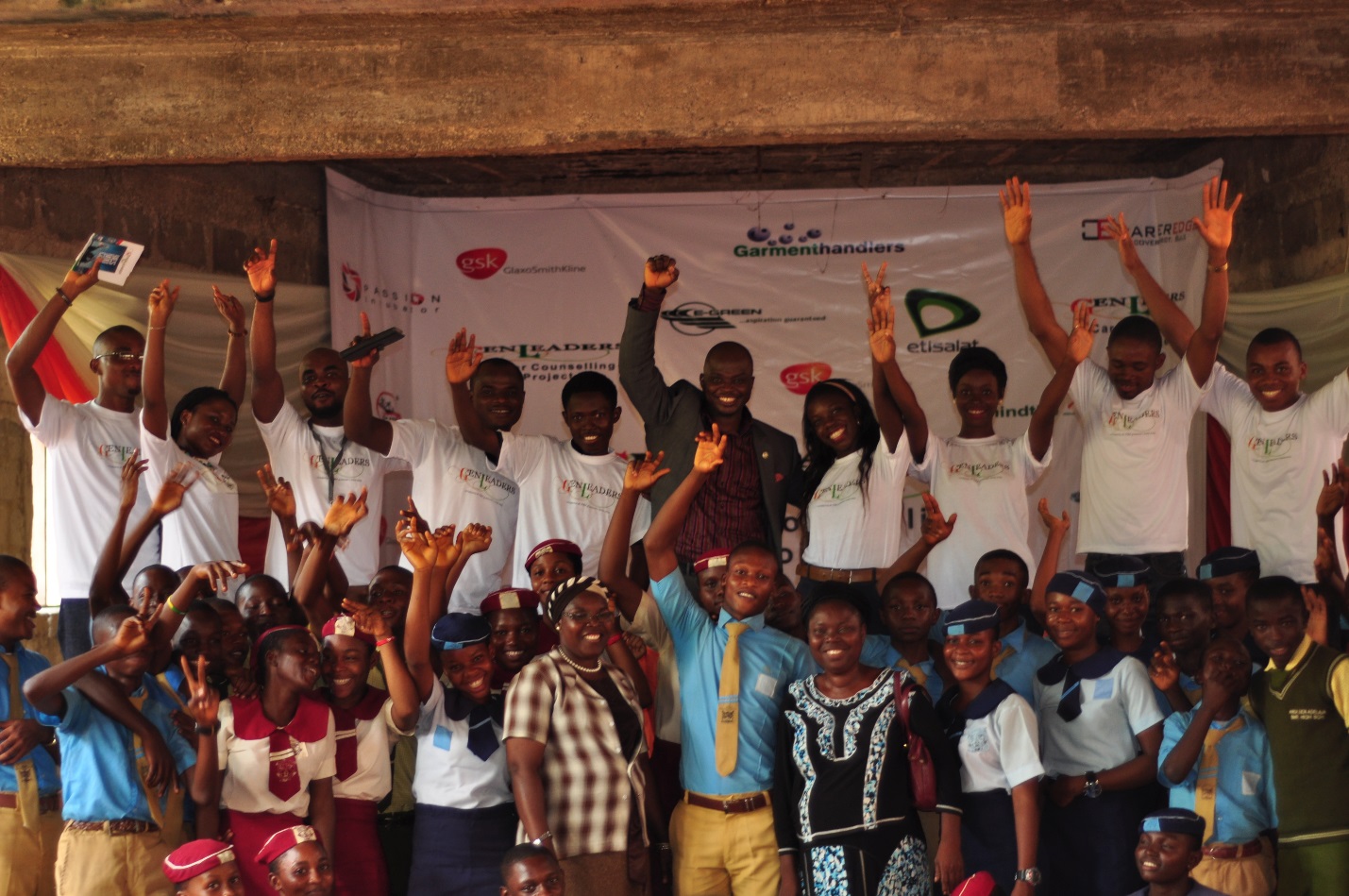Children’s Day – A call for more investment in education
01/06/2018

Every year, a day is dedicated to honouring children globally. While many countries celebrate Children’s Day on 1st June, the date varies for others – 20th September in Germany, 14th November in India etc. However, a few other countries are aligned with the United Nations, which recognises 20th November as World Children’s Day. In Nigeria, 27th May has been set aside as Children’s Day.
Growing up, I remember representing my school in parades at the National Stadium in Surulere, Lagos on this day with many other schools in attendance. The parade was something to look forward to every year. But for the good memories, I wish there were other value adding activities to engage in. This was one of the reasons I, along with a few friends, started a career counselling project with secondary school students in 2014. That aside, there are other issues about children worldwide that bother me. I will share a few statistics to throw more light and use Nigeria as a case study.
Globally, 263 million children and youths are out-of-school according to data from UNESCO, due to conflicts, gender bias, poverty, among others. For Nigeria, it is estimated at 10.5 million. Given Nigeria’s growing population (above 180 million currently), which the United Nations forecasts to hit over 300 million by 2050, the number of out-of-school children may well double by then if there is no corresponding action to boost access to education. The current situation is however not encouraging. To put it into context, the allocation to the Education sector from Nigeria’s total budget has declined over the years – 8.4% in 2012, 7.9% in 2016 and 7.0% in the 2018 proposed budget. Meanwhile, UNESCO recommends 15 – 20%. Going by this trend, it is safe to say that investment in education has not been a priority. Also, the quality of education is below acceptable standards. The majority of children attend public schools which lack basic learning tools and a conducive environment, whereas those schools where quality education can be accessed are expensive for a large number of families.
As a way forward, I am advocating more attention to the education sector. With increased investment, the government could build new schools, upgrade the facilities in existing ones and remunerate academic staff properly in order to attract and retain them. I would also suggest private sector participation in the development of educational institutions such that companies get tax waivers on the money they invest as an incentive. Achieving this may require a change in tax laws. In addition, I recommend a critical review of the current syllabuses and an overhaul where necessary to ensure that they incorporate new methods of learning with technology. Globally, the adoption of technology has significantly transformed the way students learn. Although this will involve a lot of investment in broadband and technological tools, it is a more sustainable option compared with building schools to meet the population growth. For instance, students may not have to be in school physically all the time if they have access to online resources and teaching aids.
In conclusion, the issues highlighted above are not specific to Nigeria. In 2015, the nations of the world committed to achieving 17 Sustainable Development Goals (SDGs) by 2030. Number 4 of the SDGs is to ensure inclusive and equitable quality education and promote lifelong learning opportunities for all. Achieving this goal will have a huge impact on the other SDGs. Through innovative thinking, pragmatic solutions and collaborative efforts, access to quality education is possible for all uneducated children around the world, including those in Nigeria.
HAPPY CHILDREN’S DAY
Categories & Tags:
Leave a comment on this post:
You might also like…
My Apprenticeship Journey – Broadening Horizons
Laura, Senior Systems Engineer at a leading aircraft manufacturing company, joined Cranfield on the Systems Engineering Master’s Apprenticeship after initially considering taking a year off from her role to complete an MSc. Apprenticeship over MSc? ...
The Library app is back!
The Library app is back! It's exactly the same as before (although it will get a fresh look in a few months) and if you hadn't removed it from an existing device it should just ...
PhD researcher at the IF Oxford Science and Ideas Festival
IF Oxford is a science and ideas Festival packed with inspiring, entertaining and immersive events for people all ages. PhD researcher, Zahra attended the festival. Here she shares what motivated her to get involved. ...
What leadership skills are required to meet the demands of digitalisation?
Digital ecosystems are shifting the dynamics of the world as we know it. With digitalisation being a norm in the software industry, there is currently a rapid rise in its translation ...
My PhD experience within the Centre for Air Transport at Cranfield University
Mengyuan began her PhD in the Centre for Air Transport in October 2022. She recently shared what she is working on and how she has found studying at Cranfield University so ...
In the tyre tracks of the Edwardian geologists
In April 1905 a group of amateur geologists loaded their cumbersome bicycles on to a north-bound train at a London rail station and set off for Bedfordshire on a field excursion. In March 2024 a ...







Education must reflect the transformational changes in our life – the way we communicate, collaborate, think, work, network, and celebrate. This change will come when we will make changes in our thoughts. These changes are possible only when you let edupreneurs grow.
I am agree with your thoughts